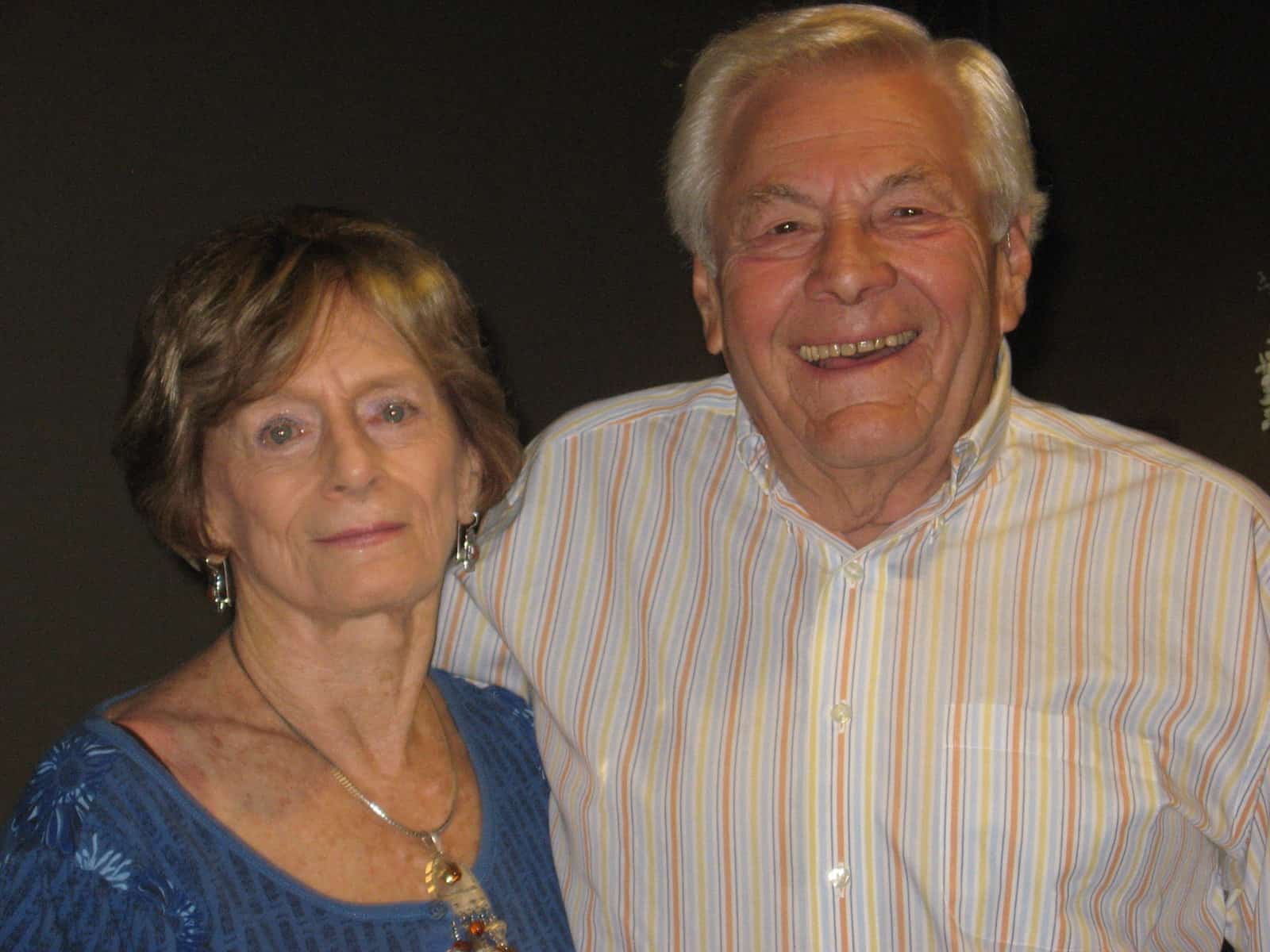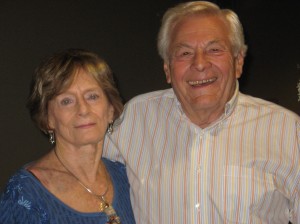That’s R-O-A-D not RHODE. It used to be “Elderhostel” programs, but apparently the connotation of “Elder” was a put-off to people under 90. So, it became “Road Scholar” programs—all over the country; all over the world—and in Baltimore.
For us, it started with a call from my cousin in New York who reported that she and her husband had just signed up for a five-day Road Scholar program at the Peabody Institute in Baltimore. She said there were just two openings left in the program so we’d better sign up immediately. Well, the dates were pretty open in our calendar (only one meeting that week), so I called and we got the last two spots.
The Peabody Institute is part of Johns Hopkins University. It resides in an historic (read ‘old’) building on a small campus in the Mount Vernon area of Baltimore and has a sterling national reputation in music education at all levels. I had always thought that Peabody was strictly a classical music institution and, therefore, its Road Scholar programs would be solely in the classical venue. Think again. The program we signed up for was “Jewish Roots of American Popular Music and Dance.”
We drove to Baltimore—right to the door of Peabody where student assistants (what we might call “work/study” students) took the luggage, checked us in, and directed us to the garage. On the first floor of the building there’s a lobby style room with couches and chairs. Our room had twin beds and a private bathroom and was “made up” daily. Meals, breakfast, lunch and dinner, were in the student dining hall on campus, about half a block away. The food was good and ample—cafeteria style with to-order breakfast and grill, soup and salad bar, and desserts (I ate way too many macadamia nut-white chocolate chip cookies). No television, except in the classrooms, which were available after classes were over for the day. We never bothered and never missed it.
There were 40 people in the “class” which met in the same building. We introduced ourselves at the first meeting—a really interesting group of people from all over the country. (The nature of the program produced a class in which there were only three people who weren’t Jewish.) The daily schedule started with breakfast from 7:30 to 8:30 am, then two 85-minute classes with a break in between and one class after lunch. The three courses focused on George Gershwin, Klezmer in America, and Fred Astaire’s career (all the composers for Astaire’s shows were Jewish, with the exception of Cole Porter). Each day, after the post-lunch class, there was the tour of the day—Peabody Library, Walters Museum, downtown Baltimore (or take a nap!). Each night after dinner, there was a recital—classical guitar; several piano performances, a Klezmer band—all in performance spaces on campus. When the recital was over you might have a cup of coffee or tea and socialize in the lobby (or just fall into bed as we did).
The three instructors were truly experts in their field. The Gershwin instructor was an opera singer who focused on Porgy and Bess (think Summertime and It Ain’t Necessarily So). The Klezmer instructor played clarinet, tenor sax or flute each day as class started. He lead a Klezmer band, the “Alexandria Klezmets,” which performed one evening and had an incredible knowledge of the history of Klezmer, its migration to America, and effect on American music. With the Fred Astaire instructor, it was like watching a performance every day. He had stories galore and illuminated everything he talked about by playing illustrative examples on the piano—and sang as well.
It was a wonderful five days of learning. We made new friends, especially one —Sylvia, a survivor with a fantastic story who has two grandchildren at—where else —Old Dominion University. No matter where you go, it’s six degrees of separation with someone.
by Annabel Sacks


